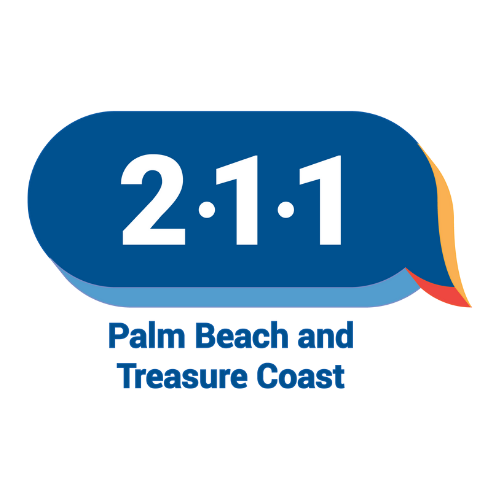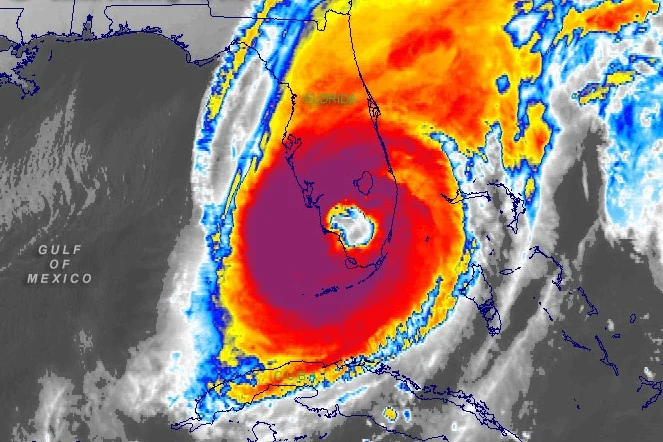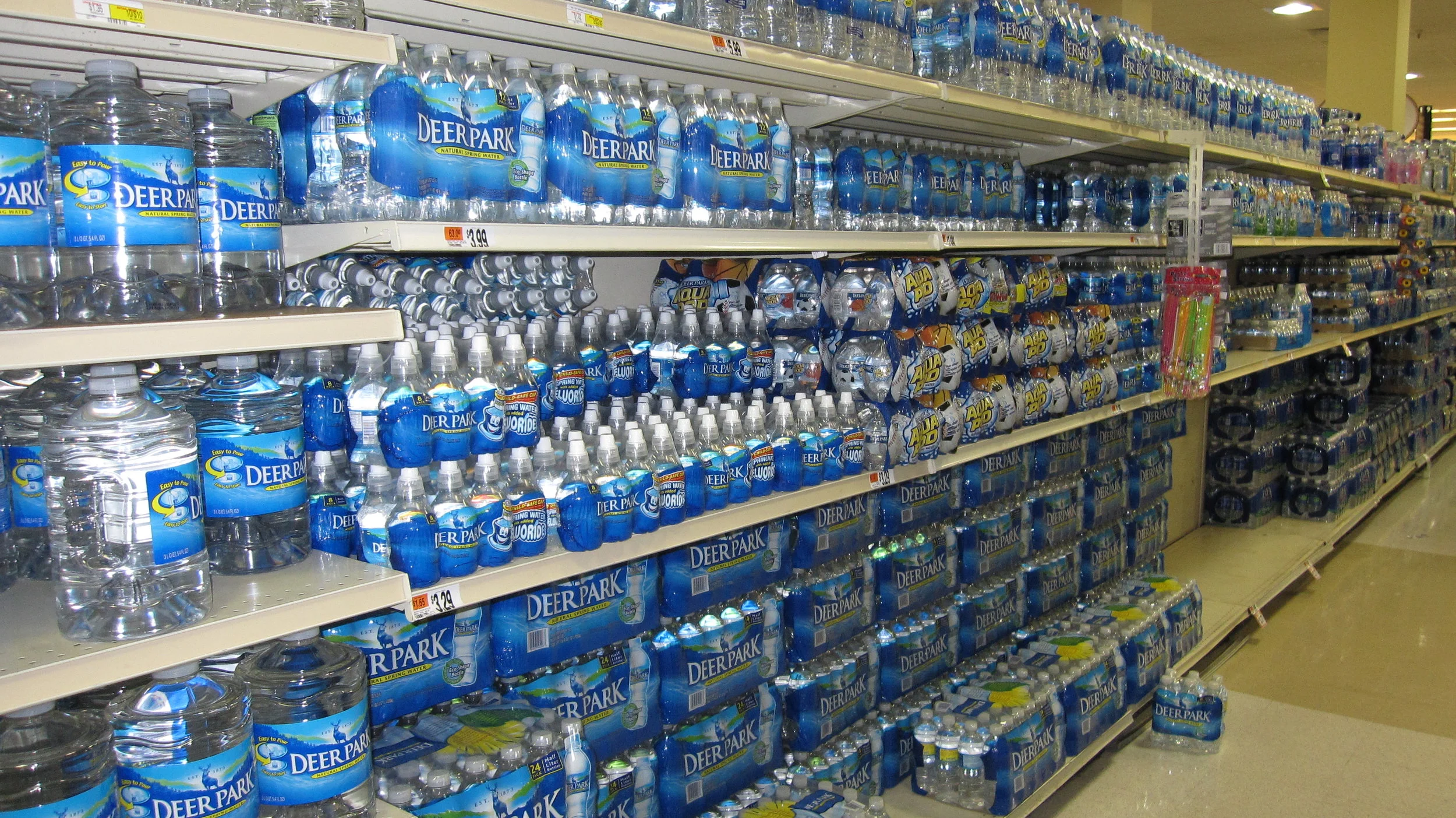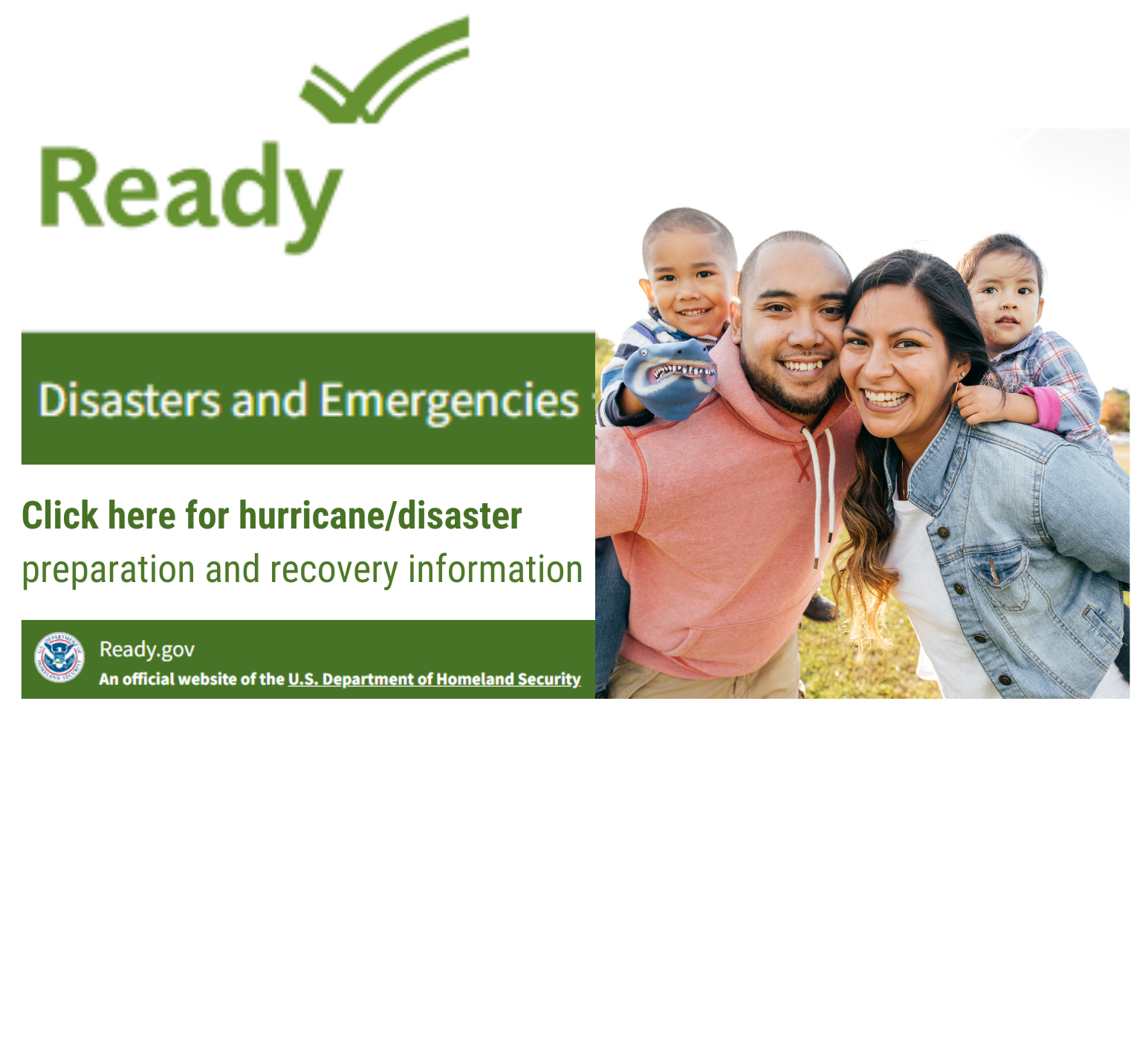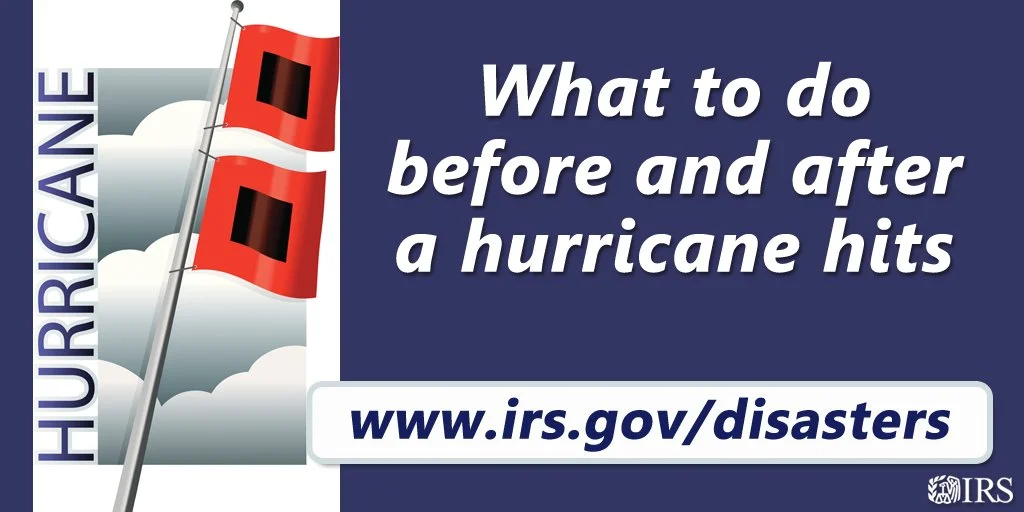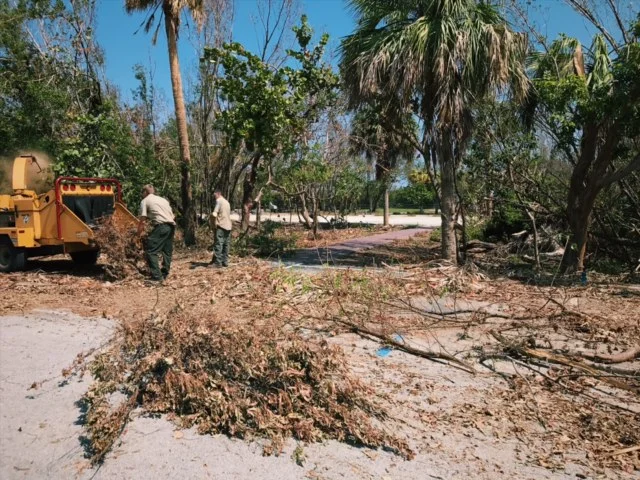Hurricane & Natural Disasters
Please Note: time sensitive information for all tabs will be updated if our area of service is threatened by an oncoming storm during Hurricane Season June-November of 2025.
SCAMMERS ON THE PROWL
Unfortunately in the wake of disasters such as our recent hurricane events- unscrupulous contractors take the opportunity to scam people who have experienced damage and loss. Those particularly at risk are the vulnerable seniors in our community. Take a minute to educate yourself and share the information with others.
CONSUMER ALERT: Attorney General Moody Warns Floridians About Disaster-Related Scams Following Hurricane Milton click here
PRICE GOUGING report it to the Florida Attorney General’s Office by visiting MyFloridaLegal.com or calling 1(866) 9NO-SCAM.
Beware of Post-Hurricane Scams
Great in-depth information shared by one of our western counties click here
<<<Hurricane Scams- The Coalition for Independent Living is offering a free training on how to identify and avoid scams. Scan the QR code to register.
County Specific Information
Last Update: 2024 -
Please note: Updates begin as a named storm becomes an imminent threat to our service area
Please click on your specific COUNTY and TOPIC to find the latest available resources.
Hurricane Season runs
June 1st - November 30th
Be prepared. We encourage all individuals, families, organizations, and businesses to take stock, plan, and get prepared. There are several things you can do before a storm to make sure you are ready. To get started download the planning guide by clicking on the button below.
Also view Hurricane Preparation section below.
Before, During, and After 211 HelpLine provides the most up-to-date information on services for your everyday needs and in times of crisis.
Call 2-1-1 or (866) 882-2991
Marque 2-1-1 para asistencia en español
Dial 2-1-1 pou asistans an kreyòl
Information will update continually when a named storm has a chance of impact, please check frequently. For the most up-to-date information follow us on Facebook. Also follow your local television and radio broadcast stations.
Although every effort has been made to provide complete and accurate information, 211 Palm Beach and Treasure Coast makes no guarantees, express or implied for any error or omissions of the resources contained on the hurricane web pages.
211 - partners with emergency management services and local agencies in Palm Beach and the Treasure Coast to get you the information needed to prepare, endure, and recover from adverse events. If you see any need for additions, deletions, or corrections, please email: 211Disaster@211pbtc.org
If you are experiencing any urgent mental or medical emergency, please don’t hesitate to call 911.
National Hurricane Center - Tropical Storm Names Click Here
For the latest weather advisory and tracking information, visit the National Hurricane Center’s website.
Hurricane Preparations
Create A Hurricane/Disaster Kit Today!
As we stay on the lookout for upcoming storms, think about what to keep on hand in order to be prepared. The Florida Division of Emergency Management recommends that you maintain a well-stocked emergency preparedness kit to last you and your family for a minimum of seven days. Each individual or family disaster supply kit differs based on personal needs. Review the list below for the basic items to include in your kit.
Water: Enough for drinking, cooking and sanitation purposes—pack a minimum of 1 gallon daily per person for 7 days.
Food: Non-perishable packaged or canned food and juices, snacks and foods for those with dietary restrictions (e.g., infants and people with diabetes).
Cooking Supplies: Manual can opener, cooking tools and fuel, paper plates, and plastic utensils.
Flashlight and Extra Batteries
Pillows, Blankets and/or Sleeping Bags
Clothing: Complete change of clothes suitable for the current climate and include sturdy shoes to protect feet from debris or other sharp objects post-storm.
First Aid Kit, Prescription Medication, and Other Medicines: Include a first aid kit and plan to bring medications that you need. After a storm, you may have limited supplies of your prescription medications and your local pharmacy may close. Keep an updated list of each medication you take, its dosing instructions, and the name and contact information of the prescribing doctor.
Radio: Battery operated and NOAA weather radio.
Toiletries
Cleaning Supplies: Garbage bags, moisture wipes and other items.
Cash: Banks and ATMs may not be open or available for extended periods following a disaster.
Important Documents: Store all critical documents in a waterproof container and save electronically. Documents like insurance, medical records, bank account numbers, Social Security card, etc.
Contact List: Keep an updated list of all important contacts, including doctors, friends, relatives, out-of-state friends, or relatives.
Special Items: Assess all family member needs. Plan for infants, elderly and individuals with access and functional needs (e.g., medical items and baby bottles).
Pet Care Items: Proper identification, immunization records, ample supply of food and water, carrier or cage, medications, muzzle and leash, and a photo of you and your pet together to validate ownership.
FOR MORE DETAILED INFORMATION CLICK HERE or click on the “Ready” image to the right
Also visit https://www.floridadisaster.org/planprepare/
Other Helpful Resources/Tips
Scams and Price Gouging 1-866-9NOSCAM (1-866-966-7226)
During a storm-related declared state of emergency, state law prohibits excessive increases in the price of essential commodities, such as food, water, hotel rooms, ice, gasoline, lumber, equipment, and storm-related services needed as a direct result of the event.
Anyone who suspects price gouging can report it to the Florida Attorney General’s Office by using the No Scam app, visiting MyFloridaLegal.com or calling 1(866) 9NO-SCAM. Attorney General Moody’s No Scam app can be downloaded for free on Apple and Android devices through the app store by searching No Scam.
FloridaDisaster.org
Division of Emergency Management
Hurricane Recovery - Cleaning Up The Mess
FEMA
Step-By-Step Storm Clean-up
Sourgum Waste
Disaster Prep & Recovery
University of Florida
Florida Homeowner Handbook
University of Florida
Hurricane Preparedness & Recovery
University of Florida
The Disaster Handbook
University of Florida
Treating Damaged Trees & Palms
University of Florida
Disaster SNAP (D-SNAP) Guide
Food Research and Action Center (FRAC)
Strength After Disaster
National Disaster Distress Helpline.
Benefits.gov
During Hurricane season, it is important to know what resources are available to you and loved ones should a disaster strike.
Benefit Finder - Questionnaire for 1,000 state and federal assistance programs
Coronavirus FAQ page
Resources for Small Businesses & Organizations
Prepare for Emergencies
Small Business Administration
Preparedness Planning for Your Business
Ready.gov
Hurricane Preparedness for Businesses
Travelers Insurance
Know Where to Find Shelter
The time may arise when you may need to evacuate your home to go to a safer place. In certain situations, it may be safest for you to evacuate to a more secure location like a shelter. A hurricane evacuation shelter is a refuge of last resort; a place to go if you are not able to evacuate to a hotel or the home of a relative, friend, or co-worker. Hurricane shelters are also available for people who have no other place to go. The Florida Division of Emergency Management maintains a list of open shelters on their website.
If you know or care for an individual with a disability or special need, such as a medical condition that requires assistance but not hospitalization, you should pre-register with the Florida Special Needs Shelter Registry. Registering through the Florida Special Needs Registry allows local emergency management officials to provide important information and quickly assist you during an emergency. For more information, call your county’s emergency management office or visit the Florida Special Needs Registry at https://snr.flhealthresponse.com/ .
If you are eligible for a Special Needs Shelter, your kit should include the following:
A list of medications and dosage
A 30-day supply of medications
Vital medical equipment for those who may be electrically or oxygen dependent
Back-up energy sources for essential medical equipment
Any special dietary needs or food
Personal information including:
Photo ID
Insurance card
List of emergency contacts
Your primary care provider's contact information
